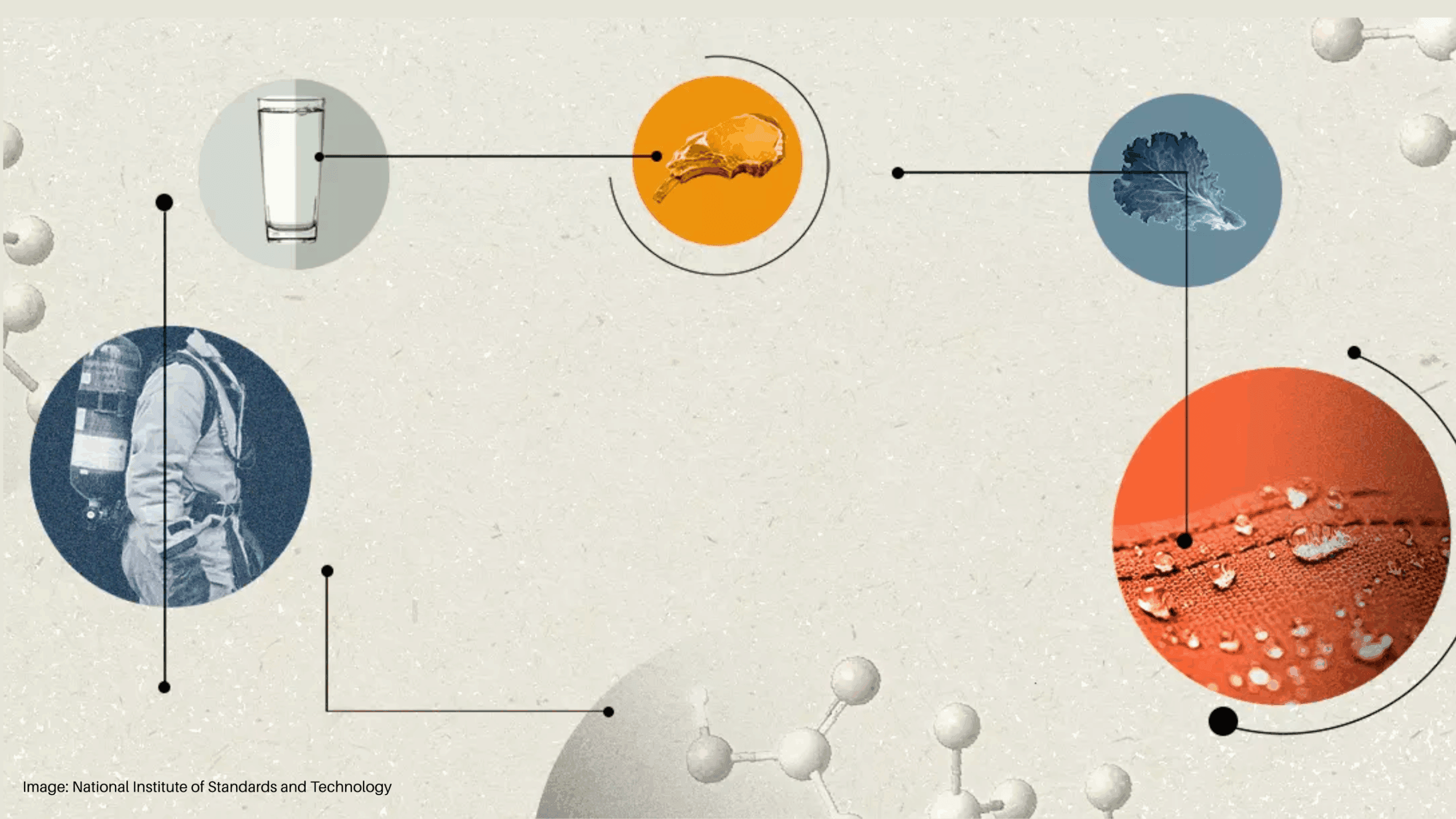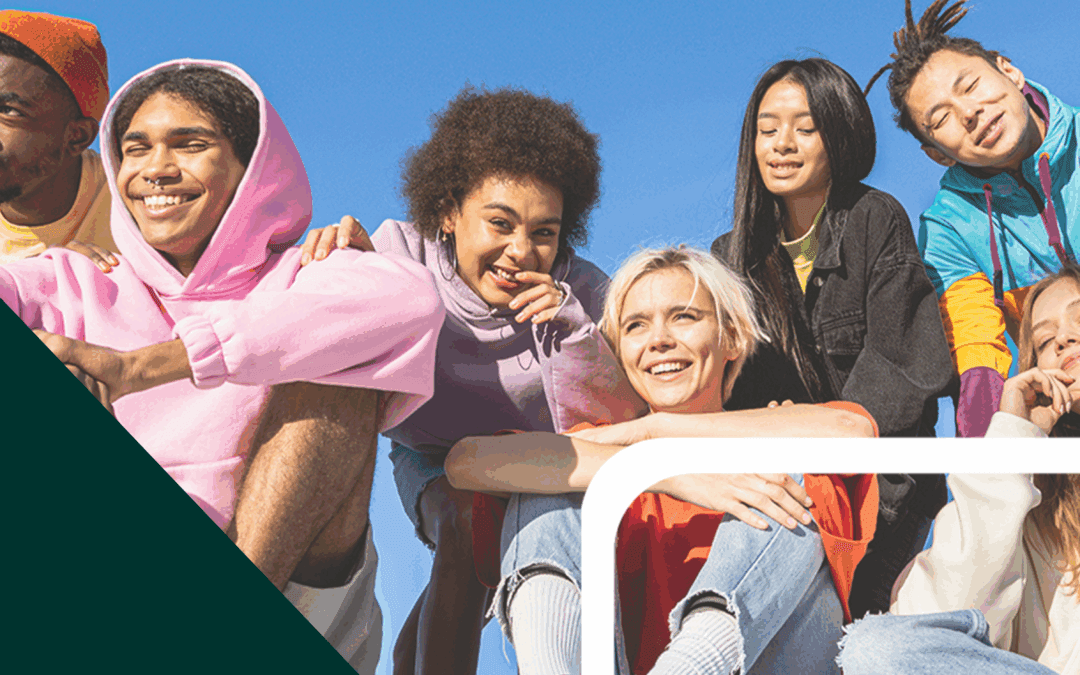The 2022 graduating class from Cosmetic Fragrance Marketing and Management at the Fashion Institute of Technology (FIT) explored the impact of COVID on the industry in their capstone presentations.
Annually, the FIT sets research briefs which aim to look five to ten years in the future, and which assess the pressing issues, and successful solutions for industry’s leadership. For 2022, the graduates presented “Beauty After COVID: Renaissance or Reformation”.
Every aspect of our lives has been disrupted by the pandemic, including fundamental shifts in consumer psychology and purchasing patterns, and in corporate organisations with culture and work-life balance being impacted.
The two themes for the research stem from an echo of earlier social disruptions such as the Spanish Influenza.
Reformation
This element of the research identified that the pandemic has accelerated the re-evaluation of priorities, making the threats leaders face today more complex than ever before. Created by Covid, we are living in a time of reprioritisation and reflection, with 84% of those surveyed agreeing that the pandemic has made them re-evaluate what they want from their employer.
In 2021, in the US nearly 50 million employees resigned, and of those surveyed 25% of people who work in beauty plan to leave their jobs in the next two years. A separate study conducted by Microsoft showed that over 40% of workers globally were considering leaving their employer. The Great Resignation is impacting industries across the globe, including our own. Cosmetics Business echoes the findings from the students, explaining that numerous factors have catalysed the Great Resignation – including the uncertainties surrounding Covid, which increased the effects of burnout.
The research students suggest that to prevent an imminent collapse, employers need to look beyond the needs of consumers and investors and look to their workforce. Businesses are facing four internal threats:
- Complexity
- Burnout
- Turnover
- Rigidity
In order to stunt the impact of these, it’s suggested that businesses should look holistically to future-proof. Beauty’s Great Reformation must consider the collective of humans behind the corporation – “those who breathe life into business”, and who have shaped businesses for decades.
Renaissance
With lines blurring between physical and digital, beauty consumers are facing a complex reality, with unlimited ways to interact with brands. This element of research identifies that businesses must go beyond current strategy and beyond product, and form deeper, more meaningful connections with consumers, to future-proof.
Research conducted by the FIT students found that there is a need for realignment caused by two parallel shifts in the emotional and the technological, described as a “moment of historic beauty entropy”. The consequence of the shifts in the emotional – 25% of US adults agree that the pandemic has made them re-evaluate their life priorities – and the technological – by 2030, the metaverse could account for at least 6% of Global GDP – is that the consumer landscape is forever changed.
Penning the term, the ‘Neo-Consumer Landscape’, FIT students in this research group explain that consumers are inhibiting fluid realities, and are (or will be) living on a spectrum between the Real Me and the Meta Me. To speak to this every-changing consumer landscape, business should look beyond trust, product and the individual.
To go beyond the individual and cater for the inter-collective whilst fostering multidimensional communities, businesses should: design for long term architecture, integrate social issues, and reward consumers with digital or physical ownership.
Trust has become paramount – to transcend trust brands must integrate factual-faith, to do this: provide transparency throughout; evolve influencing to be 1:1; and remember to ‘show me you know me’ – creating valuable experience with consumers data.
To recruit and engage consumers, transcend product and provide a total immersion, businesses should: provide the right tools and infrastructure for consumers to express themselves; bring back the magic with immersive experiences; and expand the possibilities of the shopping experience, catering to each channel.
Watch the full presentation here.




